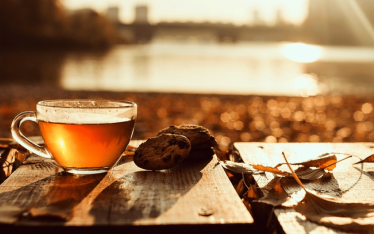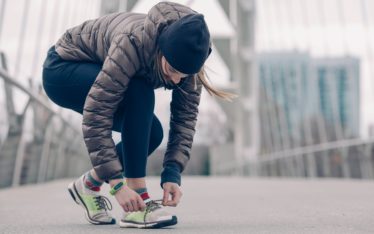Having healthy hair can have a big impact on one’s self-esteem and confidence. It can also make a positive impression on others, as it’s often seen as a sign of good overall health. Healthy hair is seen as being strong, shiny, and free of breakage or split ends. It is also easier to style and maintain.
However, maintaining healthy hair can be challenging, especially as one ages. Hormonal changes, genetics, stress, poor nutrition, and environmental factors can all affect one’s hair’s health. Using hair products such as dyes, heat styling tools, and chemicals can also damage our hair. Achieving and maintaining healthy hair can be challenging, but it’s possible at any age with the right steps. Here are some tips to help you achieve and maintain healthy hair.
Healthy Diet
A healthy diet plays a crucial role in achieving and maintaining healthy hair. The food you consume provides your hair with the essential nutrients it needs to grow strong and shiny. A diet rich in vitamins and minerals, such as iron, biotin, and vitamin C, can promote hair growth and prevent hair loss. Iron is essential for hair growth as it helps to transport oxygen to the hair follicles. Biotin is a B vitamin that helps to strengthen the hair shaft and prevent breakage. Vitamin C helps to produce collagen, which is important for maintaining the strength of hair and skin.
In addition to vitamins and minerals, protein is also important for healthy hair. Protein provides the building blocks for hair growth and helps to repair damage to the hair shaft. Foods such as eggs, poultry, and fish are excellent protein sources. Drinking plenty of water is also important to keep the hair hydrated and healthy. Dehydration can lead to dry, brittle hair that is more susceptible to breakage. Drinking about six to eight glasses of water a day can help maintain your hair’s health.
By incorporating a diet rich in essential vitamins, minerals, and protein, you can give your hair the nourishment it needs to grow healthy and strong. Additionally, by avoiding processed and junk foods, you can reduce the damage done to your hair and promote its overall health.
Protect Your Hair
This means preventing damage from external factors, such as heat, chemical treatments, and harsh hairstyles. One of the simplest and most effective ways to protect your hair is by using a hat, scarf, or other protective covers when you’re out in the sun. Sun exposure can cause significant damage to your hair, making it dry, brittle, and more prone to breakage.
Hairstyles can also be damaging to your hair if they put too much tension on the roots or cause excessive pulling. Braids, tight ponytails, and other styles that pull the hair tightly can lead to breakage, so try to switch up your hairstyles and avoid excessive tension.
By protecting your hair from external factors and choosing gentle hairstyles on your strands, you can help achieve and maintain healthy hair. In case of hair loss, you can consider hair loss treatments by medications that can be applied topically or taken orally. You can also check out Oxford Online Pharmacy if you’d like to choose from the various treatments for hair loss available.
Minimise Heat Exposure
The heat from styling tools such as flat irons, curling wands, and blow dryers can damage the hair and lead to breakage, split ends, and frizz. To minimise heat exposure, it’s recommended to use these tools less frequently or opt for tools with adjustable heat settings. Using heat protectant sprays or serums before styling can act as a barrier between the hair and the heat source, helping to reduce damage.
Another way to minimise heat exposure is by air-drying hair instead of using a blow dryer. Allowing hair to air-dry naturally is gentler on the hair and helps to reduce damage caused by high heat exposure. If blow-drying is necessary, using the lowest heat setting and a diffuser attachment can also help reduce hair damage.
Scalp Care
Scalp care starts with maintaining a healthy scalp environment. This includes keeping the scalp clean and free from build-up, which can clog hair follicles and hinder growth. Regular shampooing and deep conditioning can help to remove build-up and maintain a healthy scalp.
Exfoliating the scalp can also help to remove dead skin cells and promote healthy hair growth. This can be done with a gentle scrub or an exfoliating shampoo. Scalp massages can also help to stimulate blood flow and promote healthy hair growth. In addition to maintaining a healthy scalp, it is also important to protect the scalp from harsh chemicals and harsh styling practices. This can include avoiding harsh hair dyes, chemical treatments, and heat styling tools that can damage the scalp and hair.
Scalp care is an important aspect of achieving and maintaining healthy hair. The scalp is the foundation for healthy hair growth, and proper care can help prevent hair loss and promote hair growth. A healthy scalp is essential for healthy hair, providing the proper environment for growth and nourishment.





